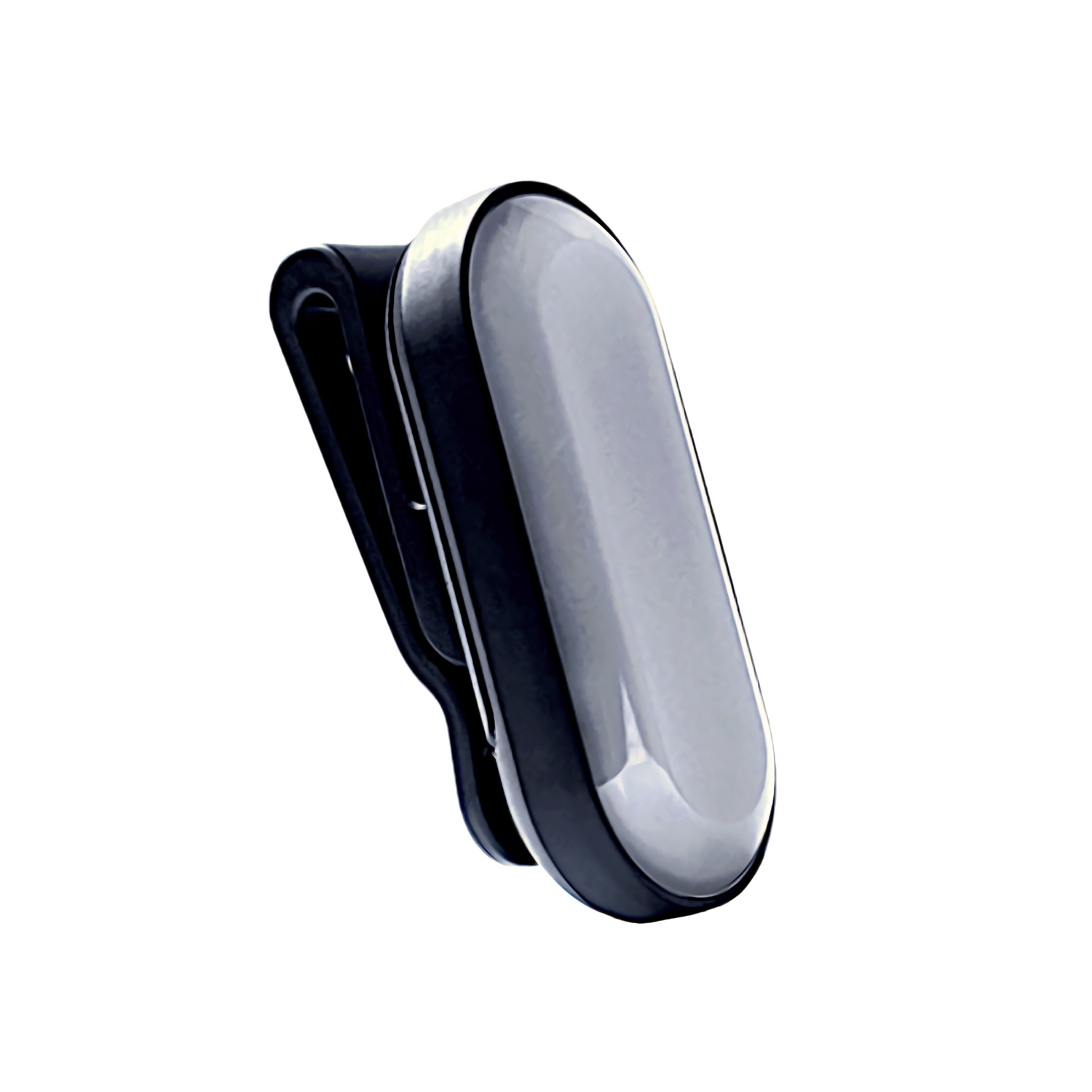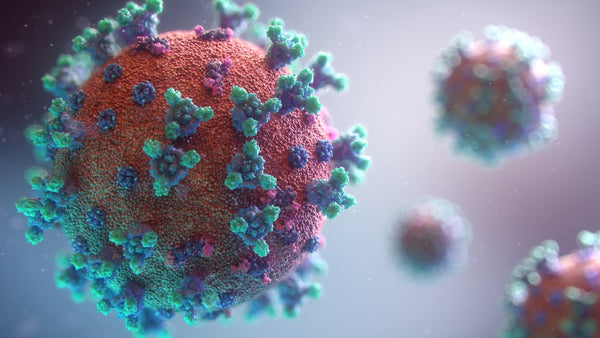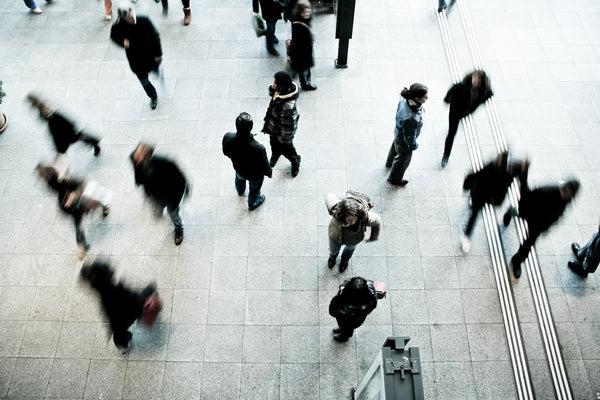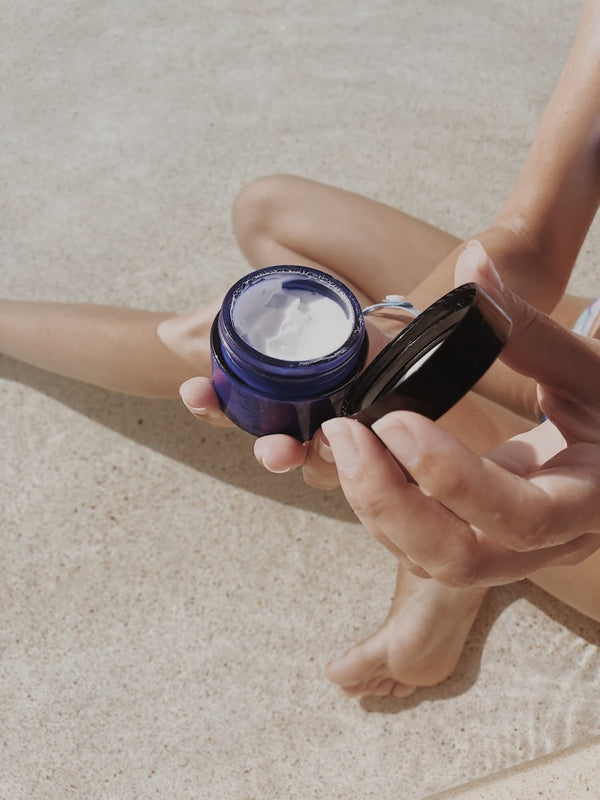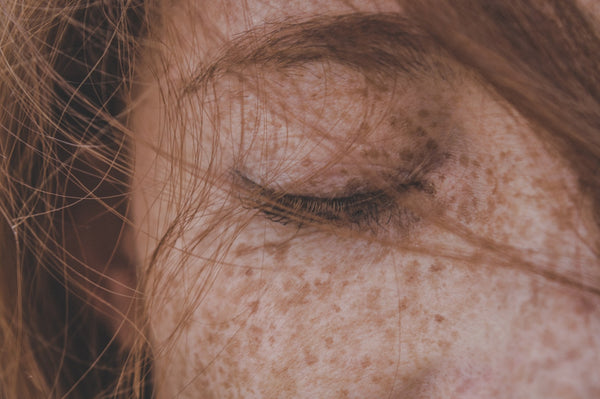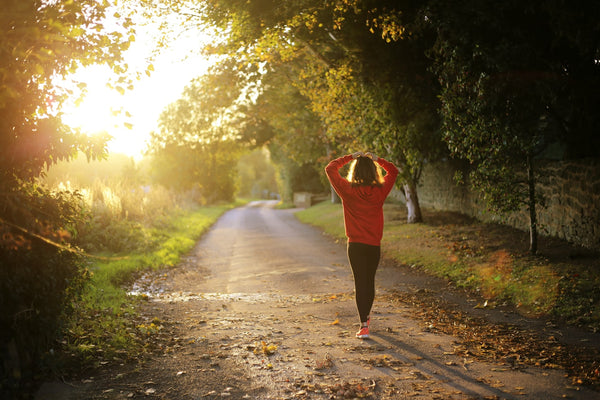A balanced serotonin level is therefore essential for health. A lack of serotonin is therefore associated with many symptoms.
- Bad memory
- Bad mood
- insomnia
- Strong craving for sweet food
- Low self-confidence
- anxiety disorders
- Aggressions
Low serotonin levels are often treated with Selective Serotonin Reuptake Inhibitors (SSRIs). However, since these are a major disruption to brain chemistry and often have many undesirable side effects, many people wonder if there are natural ways to increase serotonin levels. Current research shows that there are potentially different ways to get more serotonin without the help of medication, but many of the connections are not yet fully understood and are still current research topics. The most frequently mentioned options are:
- Mood improvement: Although serotonin directly improves mood, the connection seems to go the other way as well. Psychotherapy or conscious work on contentment and mindfulness can be a means of doing this.
- Exercise: Exercising or other physical activities can have antidepressant effects and are thought to increase serotonin production.
- Nutrition: The amino acid tryptophan is a precursor to serotonin, which the body needs for production. It can be obtained from food, either naturally (e.g. in tree nuts) or as a dietary supplement, and can help increase serotonin levels.
- Sunlight: Sunlight or so-called artificial suns are used to treat seasonal depression.
Sunlight and Serotonin
Intuitively, many people have the feeling that the sun makes people happy. However, research also shows that there is likely a direct link between sun exposure and a person's well-being. In Central and Northern Europe we have much less sun exposure in winter and as a consequence many people with Seasonal Depression. In contrast to many other effects that sunlight has, the visible light and UVA radiation are particularly relevant in this case. UVB is not known to affect serotonin production. So to support a healthy serotonin balance, you should regularly expose yourself to sunlight or a daylight lamp. Because the UVB content is not relevant, you can also do this in the morning when the UVB radiation is not that strong.
Sources:
- Sunlight and serotonin: https://www.ncbi.nlm.nih.gov/pmc/articles/PMC3779905/
- UVA radiation and serotonin: https://www.ncbi.nlm.nih.gov/pmc/articles/PMC113771/
- What is serotonin and what does it do?: https://www.medicalnewstoday.com/articles/232248#function
- Effect of sunlight and season on serotonin turnover in the brain: https://www.sciencedirect.com/science/article/abs/pii/S0140673602117375
